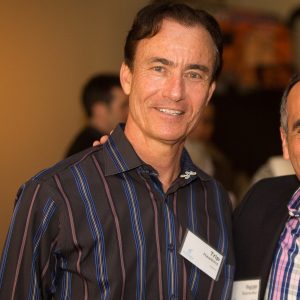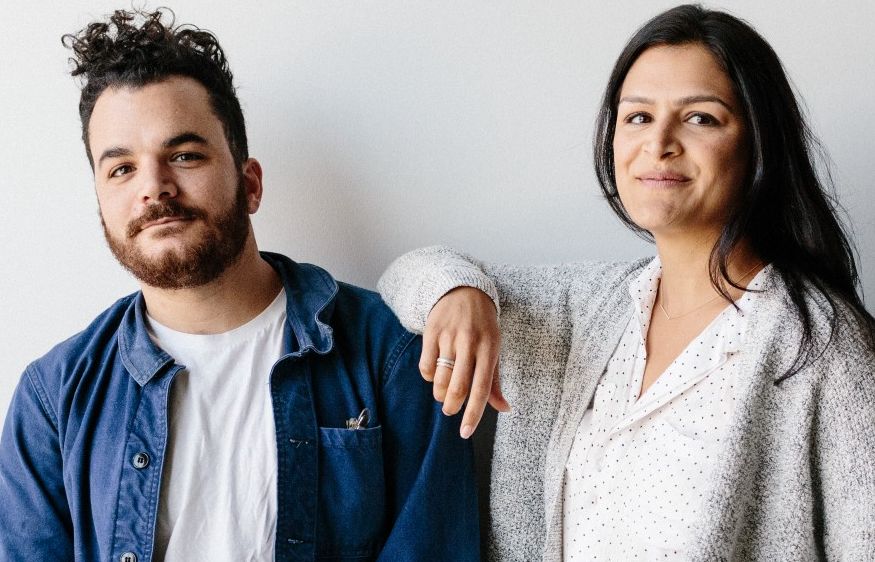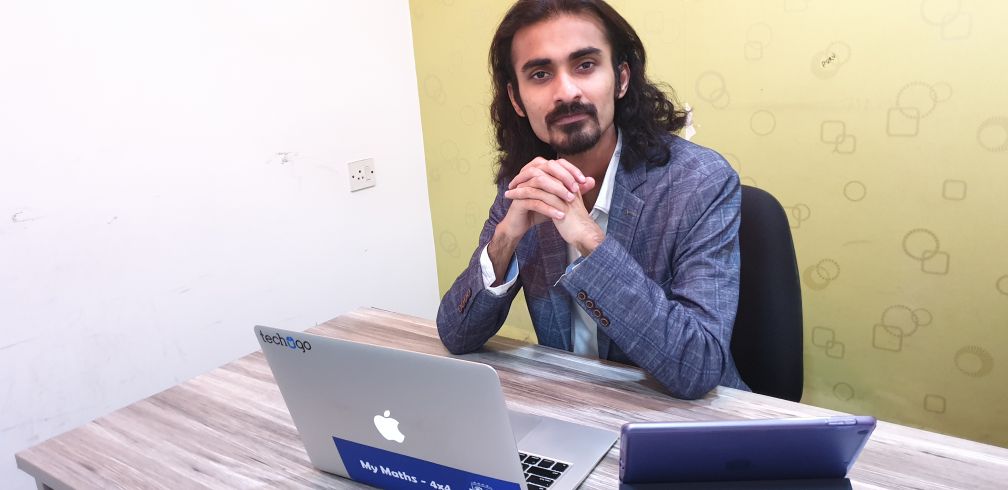Trip Hawkins : Silicon Valley Entrepreneur & the Founder of the Gaming Pioneer Electronic Arts
“I’ve never been content with a straightforward job,” says Trip Hawkins, the American entrepreneur and the founder of startups like Electronic Arts, The 3DO Company, and Digital Chocolate. This may be the reason how a person who was once handling one of the most successful video game companies (EA), left it to pursue a new challenge of running a startup (3DO) all over again. Trip Hawkins, who has registered his name as the eighth person into the ‘Academy of Interactive Arts and Sciences’ Hall of Fame for his contribution to the video game industry, believes that if one wants to succeed in life, he has to be ready to fail first.
Hawkins was born as William Murray Hawkins III on 28 December 1953, in Pasadena, California, U.S. He was a bright student and a video game lover. According to Hawkins, every time he played video games, it switched on his brain. Therefore, eventually, it became his passion.

After completing his high school education from a local school, he entered Harvard University. Interestingly, here he majored and graduated in a self-designed course, Strategy and Applied Game Theory.
As soon as he completed his college, he joined Apple Inc. as the Director of Product Marketing in 1978. He was one of the first fifty employees of Apple. During this time, the company saw its first most successful years and also filed for its first IPO in 1982. The company also registered its name among the Fortune 500 companies and increased the number of employees to one thousand people.
In 1982, Hawkins decided to start his own financing venture named Amazin’ Software and met Don Valentine of Sequoia Capital to talk about the plan and raise funds for it. On the advice of Valentine, Hawkins left his job at Apple and shifted to a Sequoia office for his startup. On 27 May 1982, Hawkins started Amazin’ Software investing US$200,000 from his personal savings.
At the same time, he started working on his next startup Electronic Arts and hired a few ex-fellow colleagues from Apple. By November 1982, the company had hired over eleven people, and it was relocated to San Mateo.
Hawkins incorporated Electronic Arts on May 27, 1982. In the beginning, the company functioned with name Amazin’ Software, but most of the employees did not like the name and suggested for SoftArt, but eventually, ended up naming the company Electronic Arts. The company started building video games, and their marketing strategy included dealing with retailers directly. It was a great marketing move, and the company started running successfully.
Hawkins has always called the developers artists, and that is why the company name includes Arts in it. The next different thing that he chose to do in marketing was to give photo credit to his game developers on the game covers. In fact, the company released its first ever video game ad featuring the developers in it.
In 1987, EA released its first internally developed game named Skate or Die. The mega-hits from EA are Madden NFL, The Sims and Rock Band. In the early 1990s, the company started producing console games for the Nintendo Entertainment System.
In 1991, Trip Hawkins stepped down as EA’s CEO, after successfully leading the company for 12 years, to found another startup named 3DO. Currently, the company headquarter is located in Redwood City, California and Andrew Wilson heads it as the CEO.
3DO was a video game console company, which in 1993 released the most powerful and expensive gaming console of that time, costing US$599. Being at a higher price, the company failed to sell the gaming console, and eventually, stopped making them. Later in 1996, the company started producing video games that also failed to support the revenues, and it became bankrupt.
After shutting down 3DO, Hawkins went to found another video game company named Digital Chocolate, in 2003. The company produces video games for handheld devices. After serving the company as the CEO for over 9 years, Hawkins stepped down from the position in 2012.
In the same year, he joined the board of directors of Israeli technology company Extreme Reality, and in 2013 became the senior advisor to the board of directors of NativeX. He also joined the advisory board at Skillz, in 2014.
According to one of his interviews, when he was asked about if he was not an entrepreneur what would he be? He answered that he would have been a professor as he assumes himself a natural teacher.
In 2016, he joined the University of California as Professor of Practice in the Technology Management Program.

Yashica is a Software Engineer turned Content Writer, who loves to write on social causes and expertise in writing technical stuff. She loves to watch movies and explore new places. She believes that you need to live once before you die. So experimenting with her life and career choices, she is trying to live her life to the fullest.










